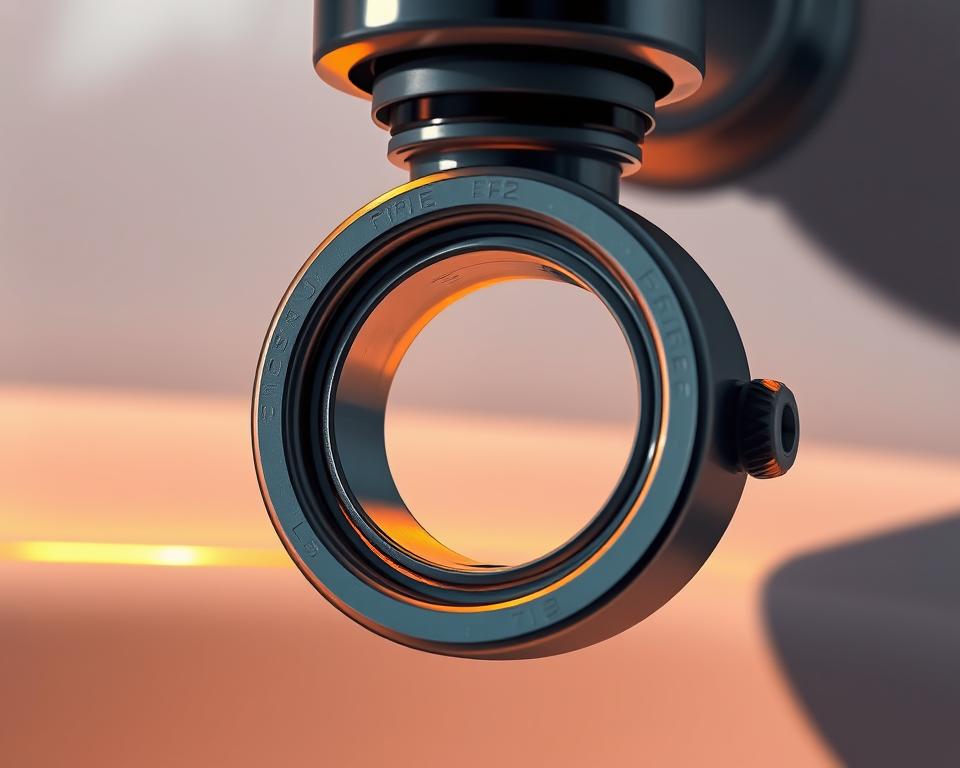DIY Guide: How to Replace Faucet Valve Seats
Believe it or not, a leaky fixture can pour out over 3,000 gallons of water each year! It’s enough to top off a small pool! A quick parts swap saves cash and water—no pro plumber required.
This guide makes repairs simple. With the right tools and parts from Installation Parts Supply, you’ll stop leaks fast. Avoid expensive service calls and live leak-free with faucet seat replacement.
Use our detailed steps for a hassle-free repair. Premium supplies guarantee longevity and empower your next repair.
Notable Observations
- Leaky valves hike bills—fast fixes go a long way.
- DIY repairs save money compared to hiring a professional.
- High-quality parts from trusted suppliers improve durability.
- Basic tools and clear guidance suit any skill level.
- Regular maintenance extends the life of your fixtures.

The Importance of Replacing Faucet Valve Seats
One small drip can quickly turn into a costly problem. Damaged valve seats leak water, boost bills, and risk fixture damage. Addressing leaks promptly prevents expense and disruption.
Spotting a Faulty Valve Seat
Look out for:
- Persistent drips even with the faucet off.
- Inconsistent flow, like spurts or weak pressure.
- Corrosion spots or pitting on metal.
Kitchen drips hinder cooking and leave unsightly marks. Early service stops headaches down the road.
Why Wear Causes Drips
Scale buildup plus friction break down components. This creates gaps where water escapes. Valve seat corrosion, if unaddressed, can destroy the unit.
Trust Installation Parts Supply for durable replacements. Their parts resist buildup, ensuring a tight seal and lasting performance.
A fast leaking faucet repair shaves up to 3,000 gallons off your annual usage!
What You Need
Quality tools and parts ensure a leak-free fix that lasts. Whether you’re tackling a minor drip or a stubborn leak, the right supplies save time and hassle. Here’s what to gather before you start.
Tools You Need
A basic plumbing tools list includes:
- Adjustable wrench: Loosens nuts and bolts.
- Valve-seat wrench for seat extraction.
- Screwdriver set: For handle and cartridge screws.
- Pliers—to hold and remove pins.
A grinding tool helps smooth out rough seats. A comprehensive faucet repair kit has all you need.
Parts Sources
Avoid cheap parts that fail fast. Installation Parts Supply offers durable, compatible components nationwide. Their repair kits bundle all necessary parts plus guidance.
| Must-Haves | Optional (For Advanced Jobs) |
|---|---|
| Adjustable spanner | Seat grinding tool |
| Seat wrench | Torch (for stubborn parts) |
| Faucet repair kit | Tubing cutter |
Spending on quality gear is worth it. You’ll dodge future leaks and live leak-free.
How to Replace the Valve Seat
A straightforward DIY fix that halts water loss. Whether you’re a beginner or a seasoned DIYer, these steps ensure a smooth process. Ready your tools and dive in.
Step 1: Cut Water & Take Apart
Locate the shutoff valves under the sink and turn them clockwise. Turn the faucet on to drain any water left. Use a screwdriver to remove the handle, then unscrew the retaining nut with an adjustable wrench.
Pro Tip: Label parts with tape to simplify reassembly. Installation Parts Supply offers anti-rust nuts for long-term durability.
Step 2: Take Out Old Seat
Inspect the assembly for corrosion. Use the seat wrench to back out the damaged seat. For stubborn cases, apply penetrating oil and wait 10 minutes before retrying.
| Typical Issues | Solutions |
|---|---|
| Stuck seat | Use heat (carefully) or a locking plier |
| Damaged threads | Replace the entire housing |
Step 3: Install the New Valve Seat
Brush off debris from the threads. Thread in the new seat from Installation Parts Supply and start by hand. Tighten carefully to avoid stripping.
Step 4: Put It Back Together & Test
Put everything back together in reverse. Restore water flow slowly. Check for drips—if leaks persist, tighten connections incrementally. Nailing this DIY faucet repair keeps your bills low!
To Summarize
Your home deserves hassle-free plumbing that stands the test of time. Addressing issues promptly conserves water and money.
Follow these directions and you’ll succeed on your first try. For lasting results, trust Installation Parts Supply—their durable parts resist wear and leaks.
Incorporate these maintenance habits: yearly washer checks and tightening loose parts. Small efforts now avoid big repairs later.
Ready to put your skills to work? Grab your tools, follow the steps, and enjoy a drip-free home today!
